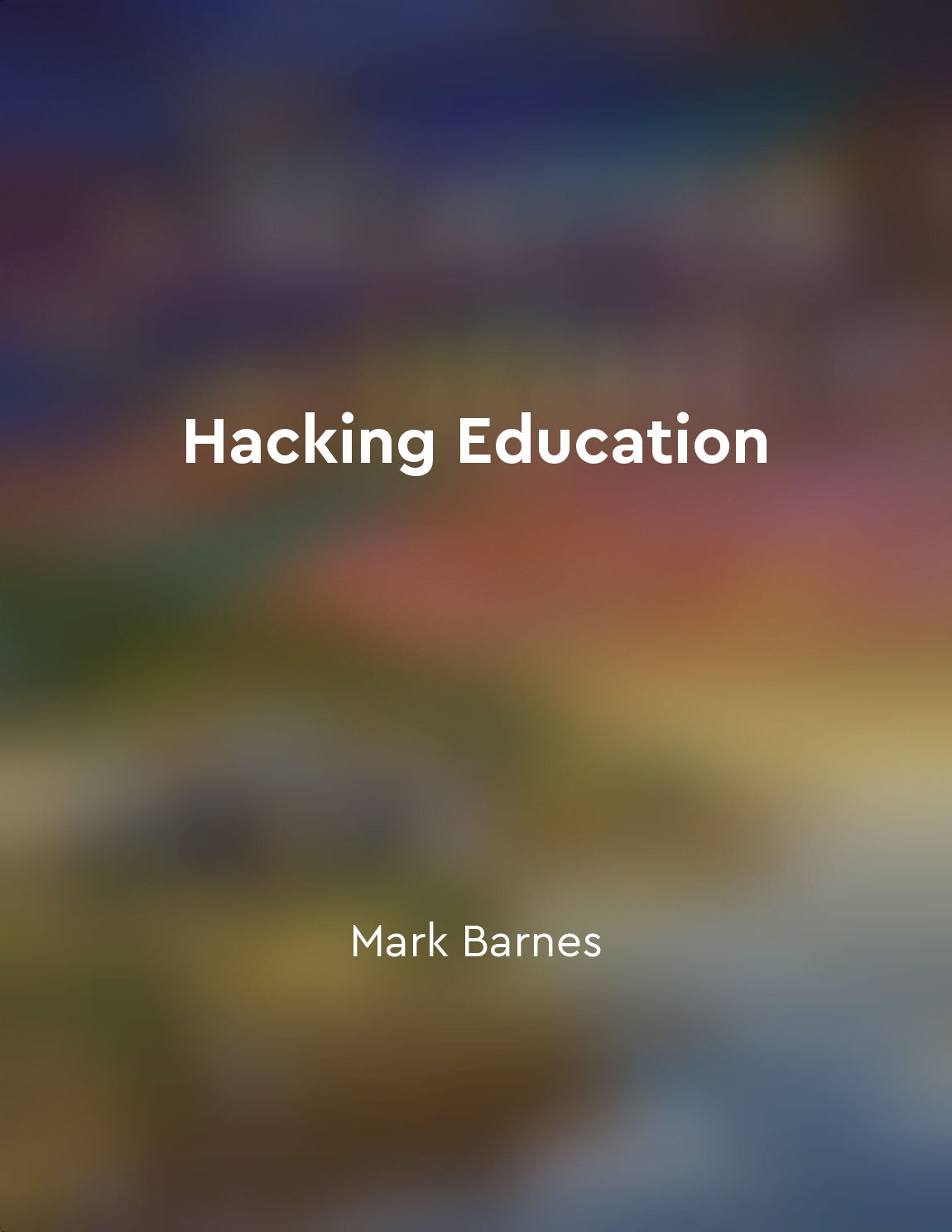Using realworld examples enhances understanding from "summary" of What the Best Law Teachers Do by Michael Hunter Schwartz
One key strategy that the most effective law teachers employ is the use of real-world examples to help students grasp complex legal concepts more easily. By grounding abstract legal theories in concrete, relatable situations, students are better able to connect the dots and understand how these theories are applied in practice. For instance, instead of simply explaining the elements of a tort case, a skilled law teacher might present a scenario involving a slip-and-fall accident at a grocery store to illustrate how these elements come into play in a real-world setting. By incorporating real-world examples into their teaching, these educators make the material more engaging and relevant to their students. Rather than feeling like they are learning in a vacuum, students can see how the concepts they are studying have direct implications in the world around them. This not only helps students retain information better but also fosters a deeper appreciation for the subject matter. Moreover, using real-world examples helps to bridge the gap between theory and practice. Law students often struggle to see how the abstract concepts they learn in the classroom translate to the real world. By showing them concrete examples of how these concepts are applied in legal practice, teachers can help students develop a more nuanced understanding of the law and its practical implications. In addition, real-world examples can help students develop critical thinking and problem-solving skills. By presenting them with complex legal scenarios and asking them to analyze and apply the relevant legal principles, teachers can challenge students to think creatively and develop their analytical abilities. This not only prepares students for the rigors of legal practice but also helps them become more well-rounded and effective thinkers.- The use of real-world examples in teaching is a powerful tool for enhancing students' understanding of complex legal concepts. By grounding abstract theories in concrete situations, engaging students with relevant material, bridging the gap between theory and practice, and fostering critical thinking skills, educators can help students not only master the law but also develop the skills they need to succeed in their legal careers.
Similar Posts
Balancing work and family
The delicate dance of juggling a career and family responsibilities is a challenge faced by many individuals, especially women....
Maintain a growth mindset to overcome challenges
Having a growth mindset is the key to overcoming challenges when pursuing ultralearning projects. Instead of seeing obstacles a...
Experiment with different solution approaches to find the most efficient one
When faced with a challenging mathematical problem, it is important to not be fixed on a single solution approach. Instead, it ...
Embracing diversity and inclusivity
The notion of embracing diversity and inclusivity is integral to fostering a positive learning environment. It involves recogni...
Communicate effectively with students and parents
Effective communication with students and parents is crucial for a successful school year. It is important to establish clear e...
Create curiosity to engage and captivate the audience
To engage and captivate the audience, you must first pique their curiosity. Curiosity is a powerful motivator that drives peopl...
Recognizing patterns in legal doctrine aids in decisionmaking
Recognizing patterns in legal doctrine is essential for lawyers when making decisions. By identifying common themes and structu...

Encourage collaboration among educators
To foster collaboration among educators, it is imperative to create a culture that promotes open communication, sharing of idea...

